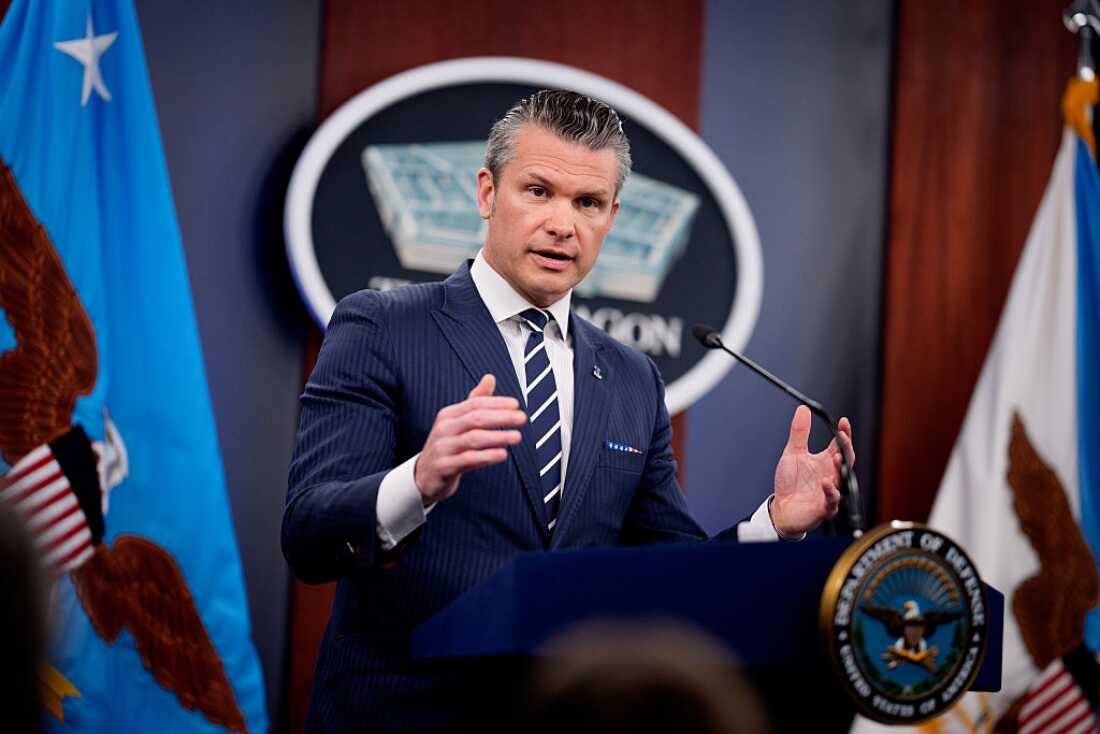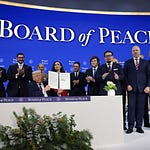The Pentagon just ordered something almost no one in Washington can recall seeing before. Defense Secretary Pete Hegseth has summoned every American general and admiral, brigadier and above, to Virginia next week.
That means hundreds of flag officers from across the globe will abandon their commands and gather at Quantico. Officials told the Washington Post this is “highly unusual” and raises real security concerns. One even asked: “Are we taking every general and flag officer out of the Pacific right now?”
The Pentagon’s line is thin. A spokesman said only that Hegseth “will be addressing his senior military leaders.” No agenda. No clear reason.
Why this matters
This meeting doesn’t come out of nowhere. It follows months of upheaval.
In February, Hegseth fired the Chairman of the Joint Chiefs and five other top officers.
In May, he ordered a 20% cut in four-star billets, plus reductions in generals across the force.
Last month, he dismissed the head of Pentagon intelligence and two senior commanders.
This mass gathering looks like the next step in reshaping the military into something new.
Three possibilities
Power consolidation
Hegseth’s track record points to another purge. Face-to-face, he can demand loyalty, signal who is in, and who is out.Strategic pivot
Reports hint at a new National Defense Strategy. The focus may shift from the Indo-Pacific to homeland defense. That would mark a dramatic turn from global projection to fortress America.This has echoes of Britain’s “East of Suez” withdrawal in the late 1960s. Facing economic strain, London pulled its forces back from Asia and the Gulf, pivoting to Europe and NATO. For Britain, it marked the end of the empire. For the U.S., it may be less of a retreat and more of a reset, scaling down commitments abroad to focus resources at home.
Political show
Trump calls it a “friendly meeting.” He says the generals are coming to see America’s “greatest equipment.” This looks like theater, lining up the military behind him to show unity at home and intimidation abroad.
A dangerous move
There’s another problem: pulling all these senior officers into one location creates a security vulnerability. The U.S. military usually spreads command to ensure continuity in a crisis. By clustering hundreds of generals in one room, the Pentagon is breaking its own rules of resilience.
A warning from history
Nearly 2,800 years ago, in China’s Western Zhou dynasty, King You lit the warning beacons to amuse his favorite consort Bao Si. The lords rushed to defend him, only to find it was a prank. Later, when real invaders came, they no longer responded. The dynasty fell.
That story is called “The Beacon Fires to Amuse the Lords.” Leaders who treat mobilization as performance destroy trust, and weaken their own defenses.
Final thought
Trump and Hegseth may be preparing a purge, a strategy shift, or a stage show. Whatever the reason, concentrating the top brass in one place breaks tradition, rattles the ranks, and raises questions no one is answering.
A pullback from Asia would not mean America is finished. It could be a reset, like Britain’s “East of Suez,” but on a far larger scale. Still, history suggests resets are easier to announce than to manage.
When the commander-in-chief turns generals into props, the danger isn’t distant. It’s immediate.











